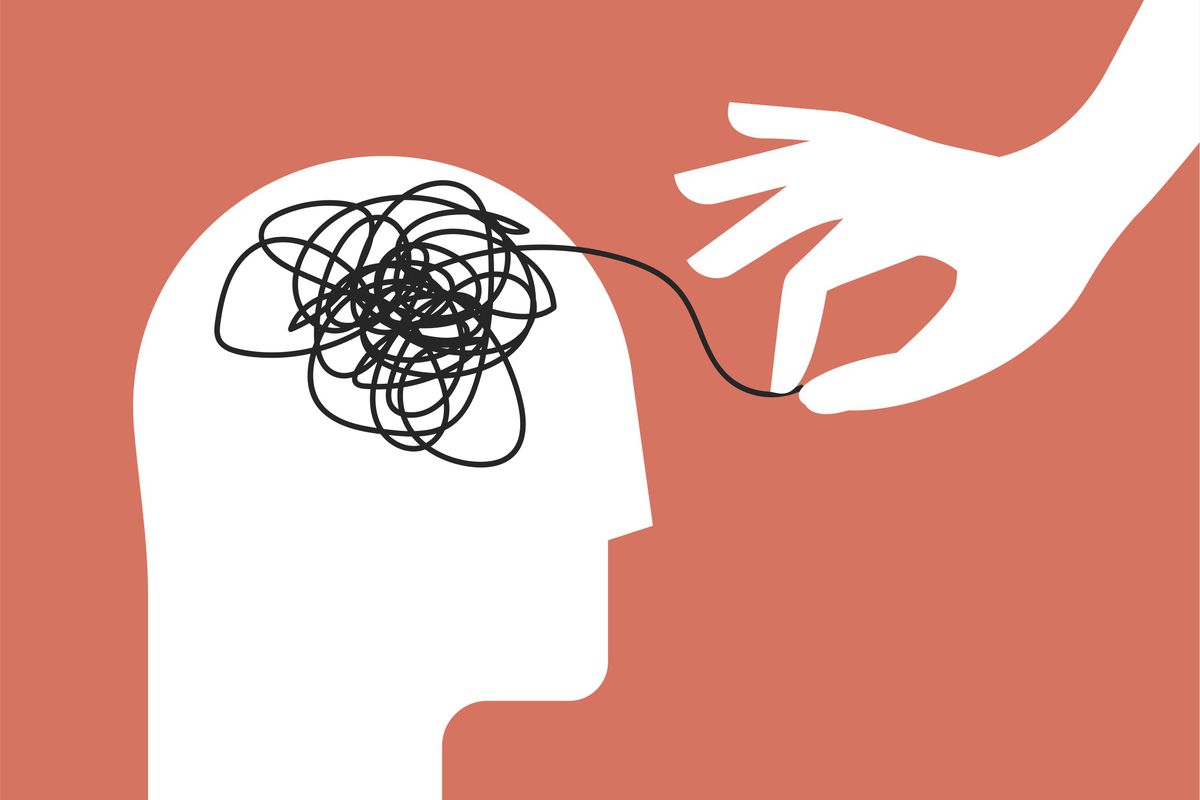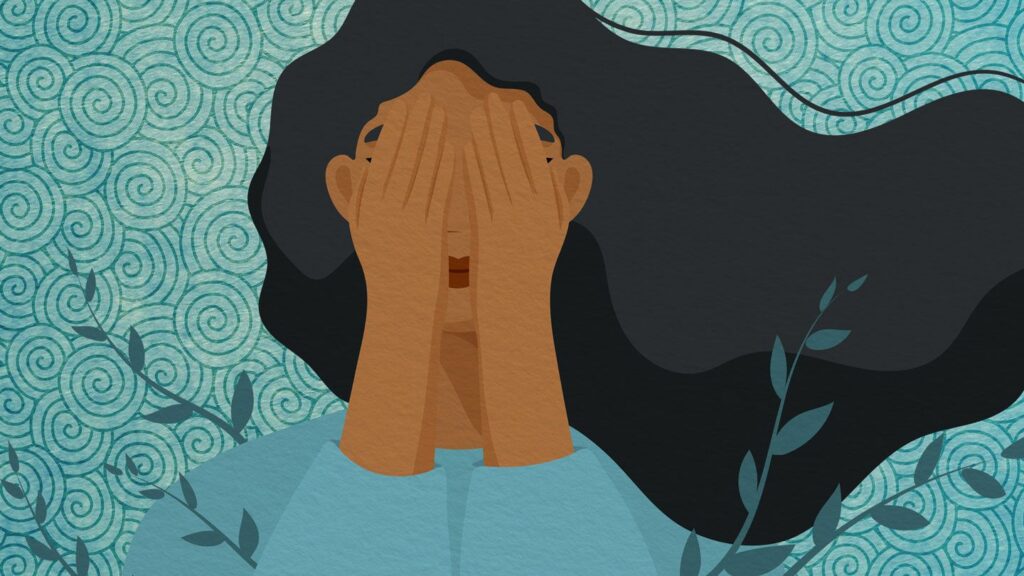Are you feeling overwhelmed and depressed because life has taken a difficult turn? If so, it may be time to consider intensive therapy for depression. Intensive therapy provides comprehensive support tailored to meet the individual needs of each person who struggles with depression. This blog post will provide insight into intensive therapy for depression – from identifying whether this type of care is necessary to develop skills needed for successful long-term emotional recovery.
Contents
What is Intensive Therapy?

Intensive therapy for depression is an evidence-based approach that focuses on treating the individual as a whole, not just the disorder. By helping people identify and understand their underlying feelings of distress and develop self-awareness and insight, it encourages conscious self-regulation skills — such as problem-solving, relaxation techniques, and strategies for emotion management — to be practiced outside of a therapeutic setting.
Intensive therapy for depression usually requires more active participation than traditional outpatient treatment, including in-depth psychological assessment, multiple sessions per week, and an emphasis on building progress skills. It is often used once a diagnosis has been made and the severity of symptoms warrants immediate care to reduce risk or prevent further decline.
Benefits of Intensive Therapy for Depression
Intensive therapy for depression can provide a wide range of benefits to those who are suffering from this mental health disorder.
Some of these benefits are:
Helps To Develop Coping Skills
Intensive therapy for depression helps a person to develop various coping strategies for dealing with their emotions and anxiety. This can help them to better manage their symptoms and have more control over how they feel. These also can help to prevent relapse and reduce the intensity of depressive episodes
Provides Support
Intensive therapy for depression gives individuals direct access to mental health professionals who can provide personalized support during their treatment. This can help to reduce feelings of isolation and empower the individual to make positive changes in their life.
Increases Self-Awareness
Intensive therapy for depression can help a person to become more aware of the underlying causes of their depression, such as traumatic experiences or difficult relationships, and find ways to address them. This increased self-awareness can also help individuals to recognize their triggers and create strategies for dealing with them.
Reduces Adverse Effects of Stress
Intensive therapy can help a person to reduce the effects of stress on their mental health. This can include reducing worries, developing healthy coping mechanisms, and improving one’s ability to handle difficult life events.
Improves Quality of Life
Finally, intensive therapy for depression can help a person to improve the overall quality of their life. By managing depressive symptoms, people can live more productive and meaningful lives. They may also be able to find joy in activities that were once difficult or impossible for them to engage in.
Different Types of Intensive Therapy for Depression

There are many types of intensive therapy available for those dealing with depression. Here are some of the most commonly used treatments:
Cognitive Behavioral Therapy (CBT)
This type of therapy helps to identify and change negative thought patterns, which can contribute to feelings of depression. It is based on the idea that our thoughts have an impact on our emotions, behavior, and physical well-being. CBT involves working with a therapist to identify and challenge negative thoughts, develop positive coping skills, improve communication and problem-solving skills, and modify behavior patterns.
Interpersonal Therapy (IPT)
This type of therapy helps people understand the impact of their relationships on their mental health. IPT helps individuals explore how their relationships may be affecting their depression, such as communication issues and conflict. It also helps individuals develop healthier ways of interacting with others to improve their overall mental health.
Dialectical Behavior Therapy (DBT)
This type of therapy integrates principles from CBT and focuses on helping individuals learn healthy coping skills while managing difficult emotions. DBT teaches individuals how to regulate their emotions, tolerate distress, and improve communication and problem-solving skills. It also helps individuals develop a greater sense of self-awareness and mindfulness.
Art Therapy
An art therapy session can provide a creative way to express emotions, process traumatic events, and develop new coping skills. This type of therapy typically includes drawing, painting, sculpting, and other forms of artistic expression as part of the therapeutic process. It can be used in combination with other types of therapy to help individuals better manage their depression.
Eye Movement Desensitization and Reprocessing (EMDR)
This type of therapy is designed to help individuals process traumatic events or memories that may be contributing to their depression. During EMDR, a therapist will guide the client through eye movement exercises while they focus on distressing thoughts or memories. This can help them gain insight into their emotions and ultimately reduce the distress associated with them.
Psychodynamic Therapy
This type of therapy focuses on understanding past experiences that may be contributing to current psychological issues. It is based on the idea that unresolved emotional conflicts from childhood can lead to depression in adulthood. This type of therapy helps individuals identify these unresolved issues and gain insight into their emotions to find more effective ways of coping with depression.
Exposure Therapy
Exposure therapy is a type of therapy in which individuals are gradually exposed to the fear or anxiety-causing stimuli they have been avoiding. It is based on the idea that when we are exposed to something frightening, our fear or anxiety will eventually lessen as we learn that we can cope with it and survive.
In exposure therapy, people are repeatedly exposed to the fear-inducing stimulus in a controlled setting. This can be done directly (in vivo), such as when someone with a fear of spiders visits a spider museum or zoo, or indirectly (in imagination or through virtual reality).
Side Effects from Intensive Therapy for Depression

Intensive therapy for depression is a powerful tool for those suffering from this difficult condition. However, some potential side effects can occur, ranging from minor agitation to more severe reactions.
Some of these side effects include:
- Cost: One of the primary drawbacks of intensive therapy for depression is its cost. Intensive therapy sessions may cost much more than traditional therapy and require that you commit to multiple appointments, making it difficult – both financially and logistically – for some individuals.
- Stress: For those who are already feeling emotionally overwhelmed, the stress of intense therapy can be an added burden. The therapist may challenge you to delve into areas that are difficult and uncomfortable, which can lead to increased stress levels and possibly even feelings of depression.
- Time Commitment: Intensive therapy requires a significant commitment of time. This means taking time off from other obligations to attend the sessions as well as additional time for follow-up sessions, check-ins, and other tasks. This can be difficult to manage if you have work or family responsibilities that are already taking up much of your time.
- Intrusion: Intensive therapy may require an individual to delve into their past experiences and feelings to uncover the underlying source of depression. This can feel intrusive and overwhelming for some individuals and can lead to feelings of being overwhelmed or out of control.
Tips to Prepare for Intensive Therapy for Depression

Preparing for intensive therapy for depression can be a difficult process but it is important to understand the benefits that you could gain from the treatment.
- Taking time to think about your goals and expectations before the sessions start is a good idea, as this will help focus your thoughts and provide clarity during and after each session.
- Additionally, practice self-care activities frequently leading up to the intensive therapy, such as exercising, meditating, or going for walks. This will help build up your strength, giving you the boost you need to succeed during therapy.
- Lastly, keep a journal where you can record any questions you want to be answered by your therapist and document your mental health journey along the way.
Conclusion
Intensive Therapy for Depression is a promising and safe outlet for sufferers of depression. People who commit to intensive therapy should remember that there is hope and the process can feel overwhelming at times. It is important to remain open-minded and committed and embrace empathy as much as possible throughout your sessions.
To make the most out of your intensive therapy, ensure that you have set realistic goals for yourself and are actively striving for them each day. Lastly, remember to be kind to yourself during this time as it will help you stay focused on the journey ahead. With dedication, dedication, and patience, significant progress can be made in fighting depression through this type of therapy.
For more information, please contact MantraCare. Depression is a mental illness characterized by persistent feelings of sadness, hopelessness, and loss of interest in daily activities. If you have any queries regarding Online Depression Counseling experienced therapists at MantraCare can help: Book a trial Depression Therapy session


